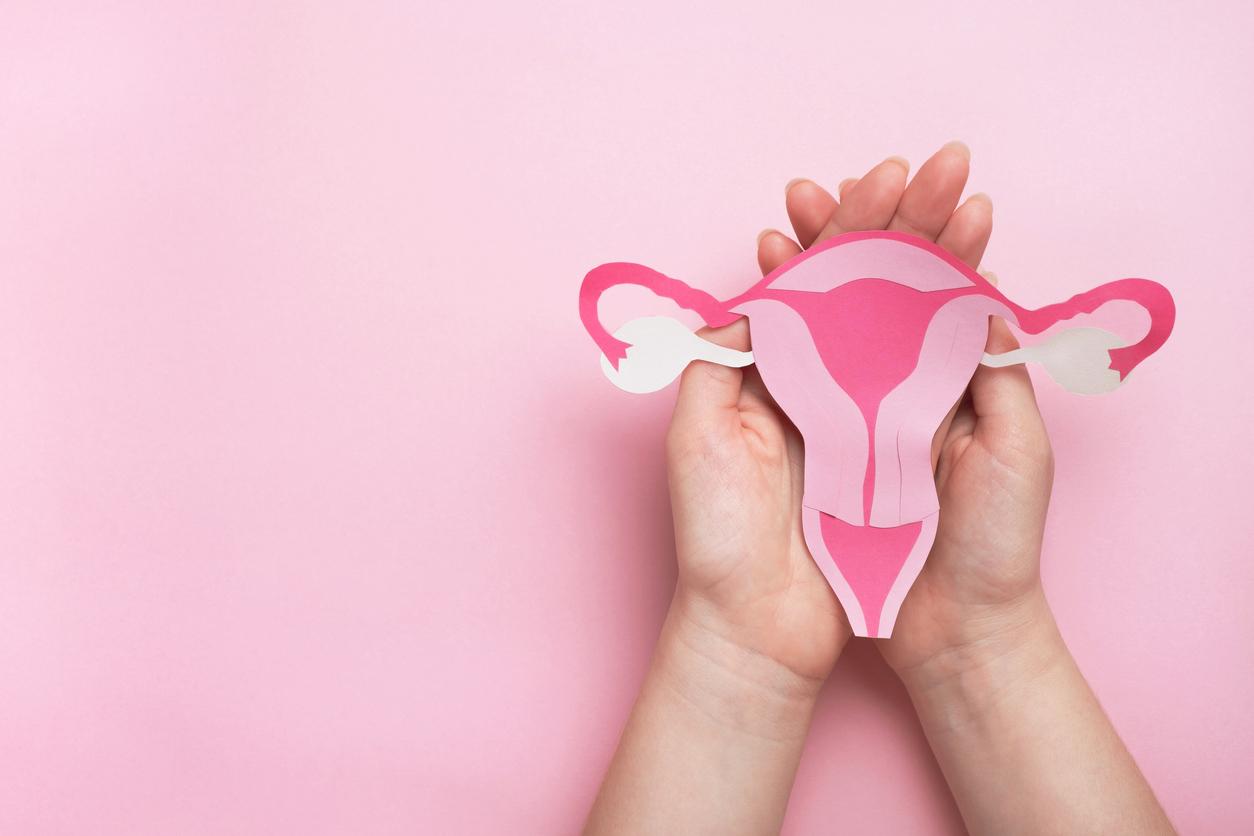A survey carried out by Censuswide for Intimina, a Swedish brand specializing in the intimate well-being of women, shows the “contrasted” opinion in France on the implementation of menstrual leave in the professional environment.

- Spain is one of the first countries to have adopted a law giving the right to a work stoppage in the event of incapacitating periods.
- France is proposing a law aimed at granting thirteen days per year, maximum, to women with particularly painful periods.
- Indonesia adopted a law in 2003 which provides for one or two days of paid leave at the start of the menstrual cycle or in the event of very painful periods.
Part of the survey, carried out on 1,006 employees aged 18 to 55, reveals that 52.3% of participants, with a slight majority of women, are in favor of the establishment of specific menstrual leave days. This data highlights a growing acceptance of the need for these leaves in companies. It may be linked to a growing awareness of the impact of painful periods on women’s professional lives. Period pain can be severe and significantly affect the ability to work effectively.
Improvement in the consideration and well-being of employees
A large majority of respondents, i.e. 73.2%, consider that these specific leaves would improve the consideration and well-being of female employees at work, an opinion shared by a significant proportion of men (64.4%) and women ( 80%). This finding highlighted the importance of recognizing and respecting the specific needs of women in the workplace.
Menstrual leave, sexist?
The survey reveals a way of thinking: more men think that these leaves contribute to strengthening empowerment at work. This gap raises interesting questions about the perception of menstrual leave in the workplace and how it can potentially promote gender equality and women’s empowerment.
Concerns and fears expressed
However, the survey also highlights concerns. A significant group of opponents (14.3%) expresses concerns about potential abuse of this measure, a fear stronger among women (68.2%) than among men (51.6%). These concerns underline the need to carefully regulate the implementation of these leaves to avoid any abuse and guarantee their legitimate use.
What’s more, a significant proportion of men (56.3%) fear that the introduction of these leaves will lead to discrimination in the workplace, a concern less shared by women (34.1%). This fear highlights the need to raise awareness and educate about the need for menstrual leave and to promote a culture of equality and inclusion in the workplace.

















